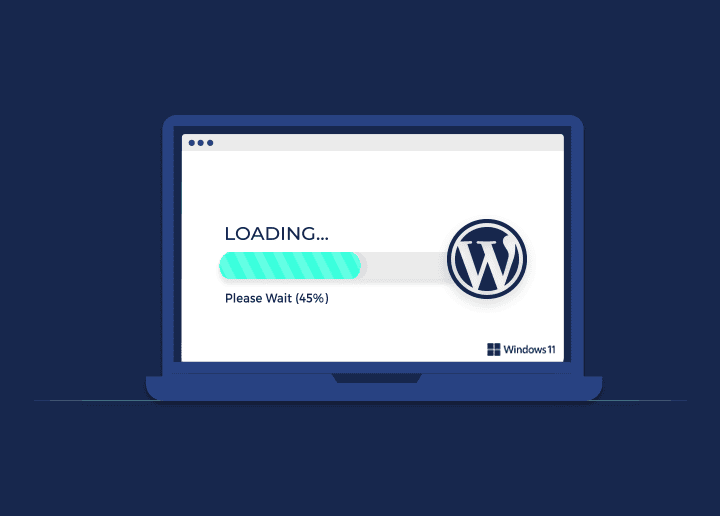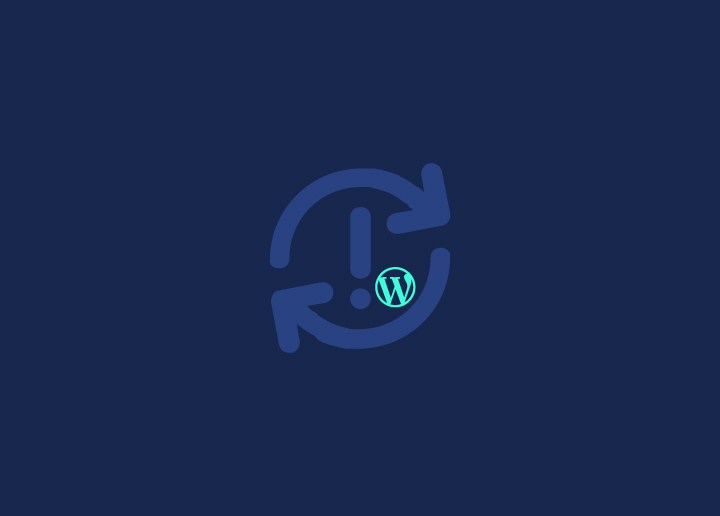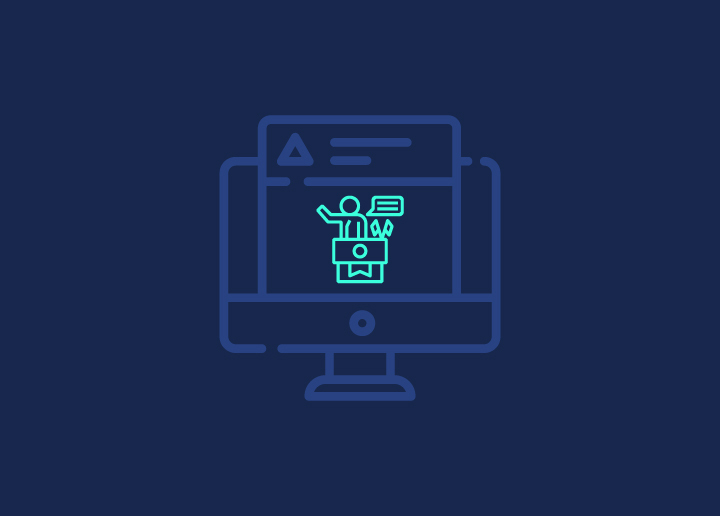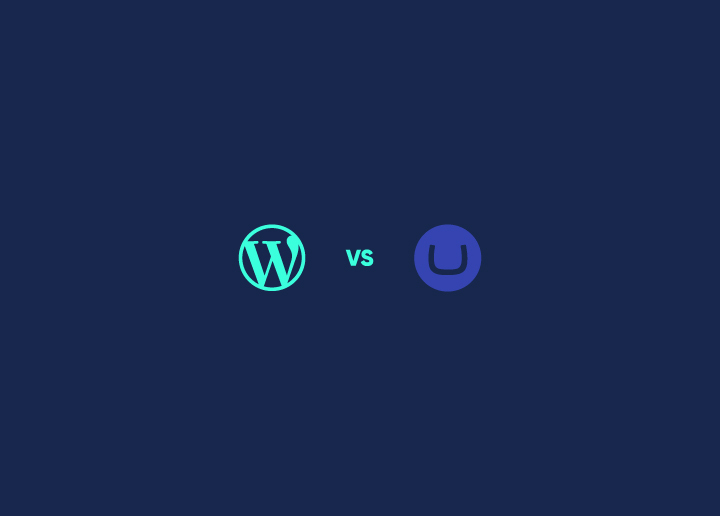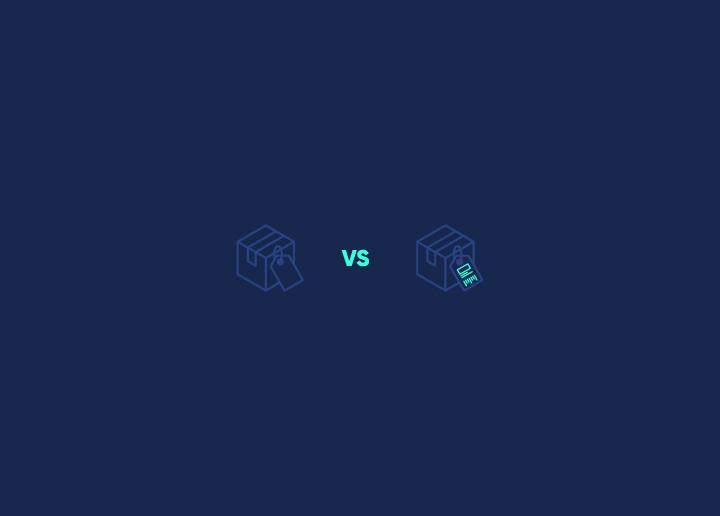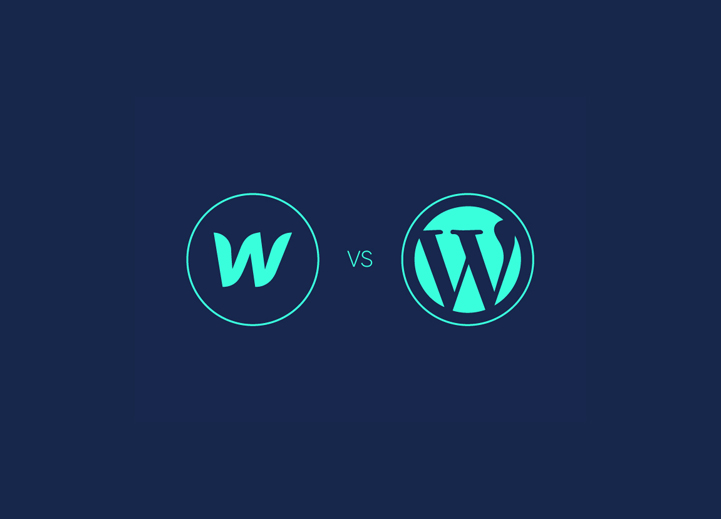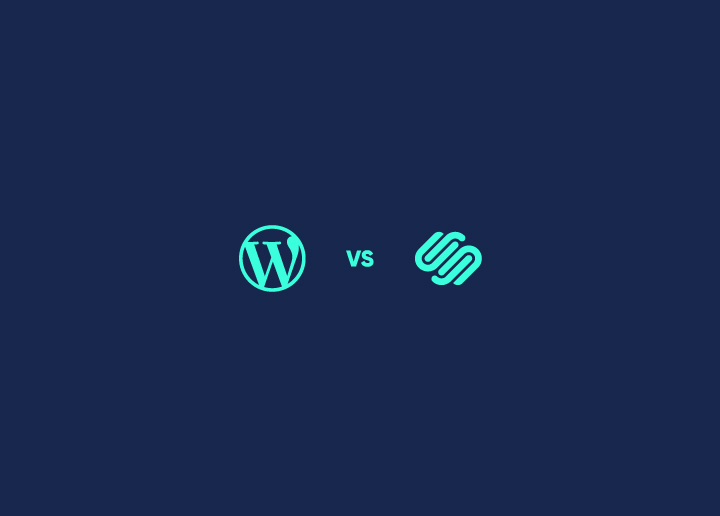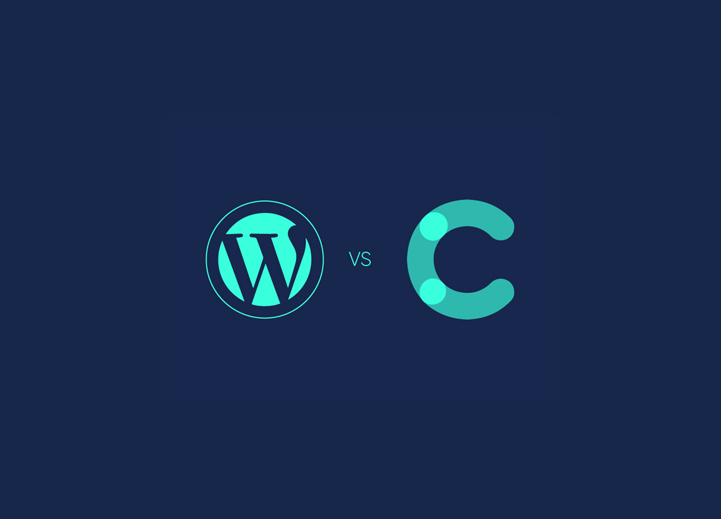When it comes to manufacturing and branding strategies, White Label and Private Label are two popular terms often used in the business world. Both strategies involve a company producing goods that are then branded and sold by another company. However, they differ in crucial aspects such as customization, product exclusivity, and branding control. Understanding these differences is vital for businesses to decide which strategy aligns better with their goals, budget, and brand identity.
In the debate of private vs. white label, the question of which one is better doesn’t have a one-size-fits-all answer; it depends on the specific needs and strategies of the business. Let’s explore these two concepts in more detail to determine their advantages and disadvantages and in which scenarios one might be preferable.
Contents
ToggleWhat is a Private Label?
Private Label refers to products that are manufactured by one company but sold exclusively under another company’s brand name. The critical aspect of private label products is their exclusivity – they are produced to be sold only by a specific retailer and often include some level of customization or unique features that differentiate them from the standard market offerings.
Benefits of Private Label
- Brand Exclusivity: The products are unique to the retailer’s brand, which can enhance brand loyalty and differentiation in the market.
- Higher Profit Margins: Private label products often yield higher profit margins since they are unique and can be priced higher than generic products.
- Customization: Retailers have more control over the product’s features, quality, and overall presentation, allowing them to cater to their target audience.
- Customer Loyalty: Exclusive products can help build customer loyalty, as customers return to the same retailer for those items.
- Control Over Pricing Strategy: Retailers have more control over these products’ pricing, marketing, and promotion.
Learn: Why Your Business Needs White-Label WordPress Outsourcing?
Disadvantages of Private Label
- Higher Investment and Risk: Developing unique products requires more investment in research, development, and manufacturing processes.
- Inventory Management Challenges: Retailers might face challenges managing exclusive product inventory, significantly if demand fluctuates.
- Dependence on Manufacturer for Quality: The retailer’s reputation is tied closely to the product’s quality, which they have less direct control over compared to manufacturing.
- Limited Flexibility: Being connected to specific products can limit flexibility in responding to market trends or changes in consumer preferences.
Example of Private Label
A classic example of private labeling can be seen in the apparel industry. Many fashion retailers, such as Zara or H&M, offer private-label clothing. These items are manufactured by third-party producers but are designed and sold exclusively by these retailers. This allows them to create unique fashion lines that reflect their brand’s style and cater specifically to their customers’ tastes. These items cannot be found at any other retailer, which enhances the brand’s distinctiveness and appeal.
What is a White Label?
White Label refers to a product manufactured by one company but marketed and sold under another company’s brand name. The primary characteristic of white-label products is that they are generic and can be sold by multiple retailers, each under their branding. This approach is common in various industries, from food and clothing to electronics and software.
Read: Seahawk Vs. The White Label Agency
Benefits of White Label
- Cost-Effective: Since the product is mass-produced, it is more affordable for retailers.
- Quick Market Entry: Retailers can quickly enter the market with products without investing in research, development, or manufacturing.
- Focus on Branding and Marketing: Companies can focus their resources on branding and marketing rather than product development.
- Reduced Risk: Since the product has already been developed and tested, there’s less risk involved than creating a new product.
- Variety of Options: Retailers can choose from a wide range of products to add to their brand lineup.
Disadvantages of White Label
- Limited Customization: White-label products are generic, offering little room for customization or uniqueness.
- High Competition: Since other retailers may sell the same product, it can lead to increased competition in the market.
- Dependency on Supplier: The retailer’s brand reputation might depend heavily on the manufacturer’s quality and reliability.
- Less Control Over Product: Retailers need more control over manufacturing processes and product changes.
Know: Top 5 White-Label SEO Service Providers 2023
Example of White Label
A common example of white-label products can be seen in supermarkets. Many store-brand products, such as cereals, snacks, and household items, are white-labeled. These products are manufactured by third-party companies but sold under the supermarket’s brand. The same cereal, for instance, might be marketed under different names in different stores even though the same manufacturer produces it. This allows supermarkets to offer a range of products under their brand without investing in the infrastructure and expertise to have those items themselves.
White labeling is also prevalent in digital services and particularly significant in website development. A prime example of this is “White Label WordPress Development.” This white label agency services involves a specialized company developing WordPress websites, which are then rebranded and offered by other businesses as their own.
For instance, digital marketing agencies or IT service providers might use white-label WordPress development services to deliver customized and branded website solutions to their clients. By doing so, these agencies can offer expert WordPress website development under their brand name without the complexities of developing the technology in-house. This approach enhances their service portfolio and ensures that their clients receive professional, efficient, and tailor-made website solutions that are seamlessly integrated into their brand’s digital presence.
White Label WordPress Development is an excellent solution for businesses that want to expand their digital offerings. It allows them to provide high-quality, customizable web development services to their clients while maintaining focus on their core competencies and brand development.
Partner With Us For White-Label WordPress Development Services
Leverage our expertise to help your client’s website rank higher and boost traffic!
Find: White-Label SEO Service Providers 2023
Private Vs. White Label: Which One is Better for Your Business?
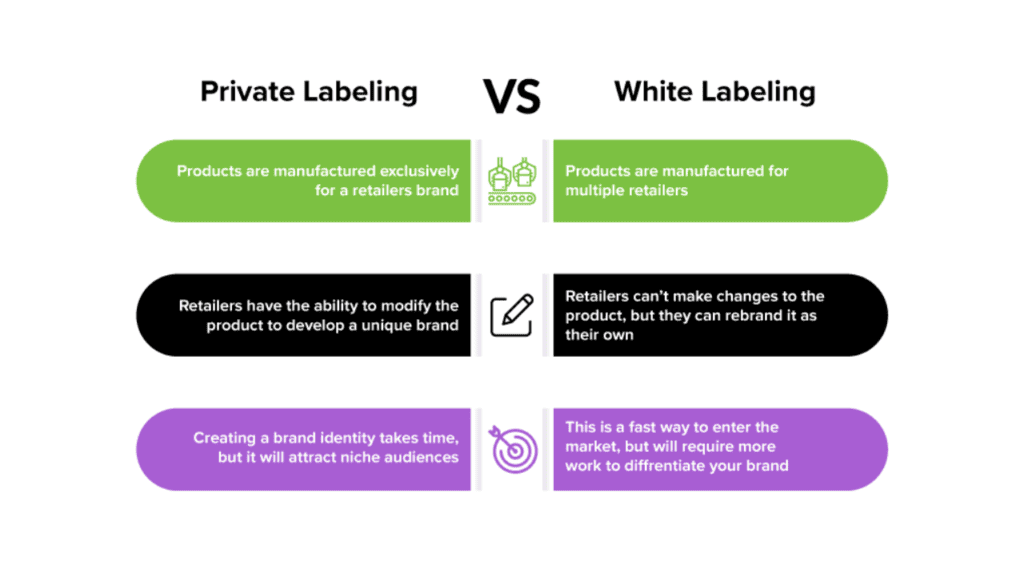
The decision between private vs. white label models for your business hinges on several critical factors, including costs, timeline, and the importance of branding. Here’s a breakdown to help you understand which option might be more suitable for your business needs:
Private Vs. White Label: Costs and Timeline
Private Label:
- More Expensive: Creating custom products or services under a private label is generally more costly due to the uniqueness and customization involved.
- Longer Development Time: Developing a private label product takes time, as it often involves a significant amount of research, development, and testing.
- Custom-Made: The costs are higher because the products or services are tailored to meet your brand’s specific requirements and standards.
White Label:
- Cost-Effective: White-label products or services are usually more affordable as they are ready-made and produced on a larger scale.
- Faster Delivery: Since the products are pre-developed, the delivery time is shorter than private label products.
- Generic Products Sold to Multiple Retailers: White-label products are designed to be generic enough to be sold by multiple retailers, which reduces the cost.
Read: What Is A White Label Agency & How Does It Work
The Importance of Branding
- Branding is Crucial in Both Models: Whether you opt for white labeling or private labeling, branding plays a vital role in how your products or services are perceived in the market.
- Building a Unique Brand: With private labeling, you can create a unique brand experience that can differentiate your products in the market. This is because private label products are exclusive to your brand.
- Leveraging Existing Products with Your Brand: While the products are generic, your branding strategy can still significantly impact white labeling. It’s about how you market and position these products under your brand umbrella.
- Expertise in Branding: If you need clarification on your branding strategy, consider hiring a branding expert to help create a distinct and compelling brand identity.
Find: Top White-Label Services That Agencies Can Resell
Making the Right Decision
- Assess Your Brand’s Goals and Vision: Understand your brand’s main goals, visions, and target audience to determine which model aligns better with your business strategy.
- Consider Resources and Market Dynamics: Evaluate your resources, market competition, and customer preferences. If you have the resources for a longer development process and want unique products, go for private labeling. White labeling might be the better choice if you need a quicker market entry and have budget constraints.
- Brand Stability and Voice: Ensure your brand is stable and has a clear, authentic voice before choosing a model. This will help you effectively market your products, regardless of the selected model.
In conclusion, choosing between private vs. white label depends on your business’s needs, resources, and branding strategy. Both models have advantages, and the best choice depends on your company’s unique circumstances.








